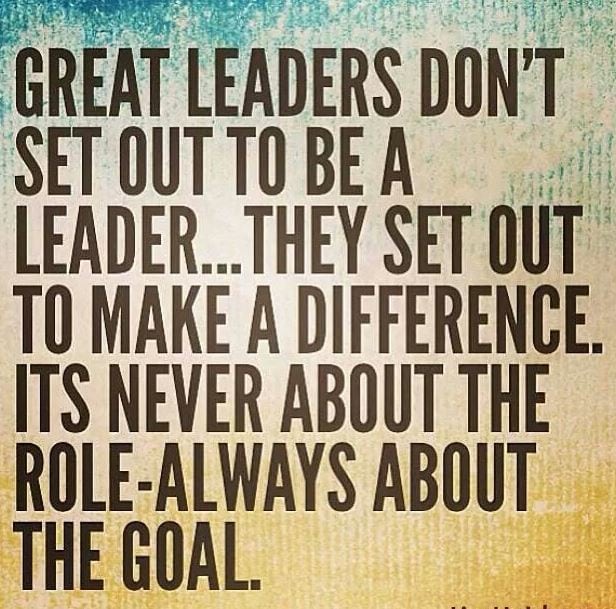Shitstorm: Inside Labor’s Darkest Days by Lenore Taylor
June 3, 2016The Lamb Enters the Dreaming: Nathanael Pepper & the Ruptured World by Robert Kenny
June 3, 2016‘The Family’ is the name of a deliberately informal organization that claims to be centred on the life and teachings of Jesus. The group is best known for organizing the annual ‘National Prayer Breakfast’, which the President of the United States usually attends.
This book is an account of power in America and how it’s shaped and influenced by the religious right. ‘The Family’ chronicles the ideas and influence of a group that, through its connections, has influenced the deployment of US power, especially in foreign policy during the Cold War. This very powerful group operates discreetly and acts below the public surface of legislation and politics without any scrutiny.
Jeff Sharlet, a scholar who writes on the connection between religion and politics, traces elite fundamentalism’s lineage from Jonathan Edwards in the 18th century through the 19th century. religious leader Charles Finney to the present day. He also demonstrate the Family’s behind the scenes role in deployment of American power; and he challenges the purely secular American historical narrative by arguing the role of religion behind political power, suggesting that fundamentalism is a critical element of America’s political history..
Many people dismiss the Christian right as irrelevant and not as powerful as before, however Sharlet demonstrates the deep roots that the Christian right have in the American political system and how they maintain influence and reach.
Sharlet does not regard complexity as something to be avoided and his talent is in finding the right key for unlocking it. His careful analysis and research is written up within a fascinating narrative that helps readers understand how religion has influenced and shaped American life and politics.
The Family’s obsession with secrecy and elites is disturbing. Sharlet assembles amazing evidence from the group’s archives, shows its role within American politics and foreign policy. He investigates the theological, historical underpinnings of a fundamentalist vision that has been consistently ignored by scholars and journalists. This book will stand the test of time because Sharlet has approached his topic with an eye for connectedness and complexity.
I recommend it to anyone who wonders about church, state, the religious right, and the way religious groups orchestrate legislation and diplomacy.


